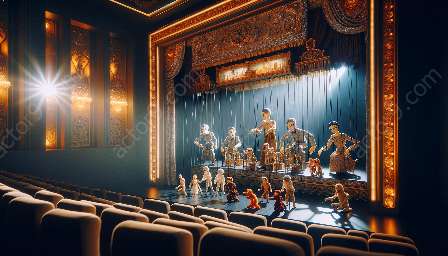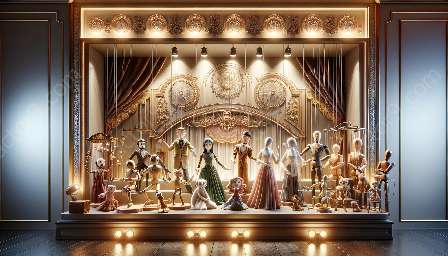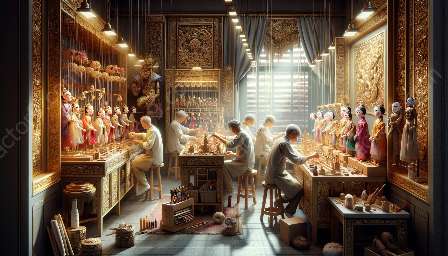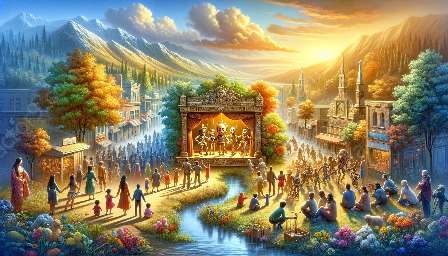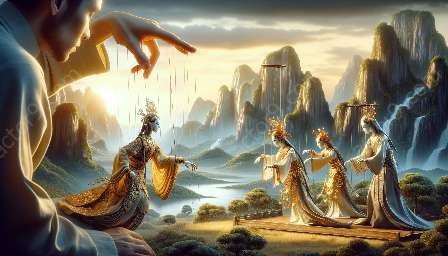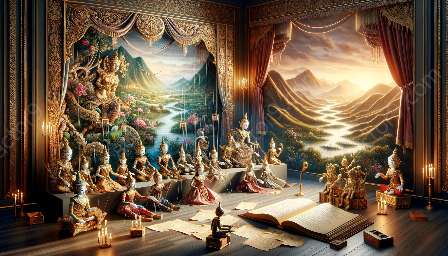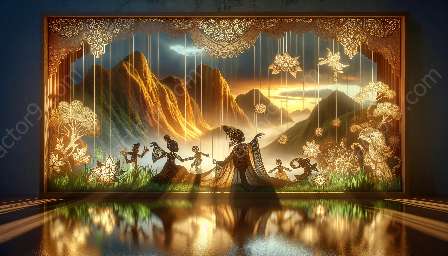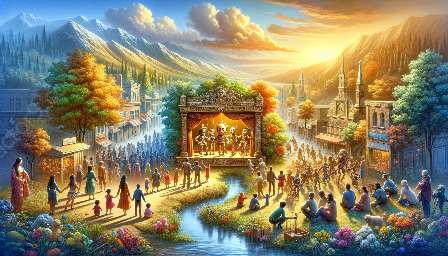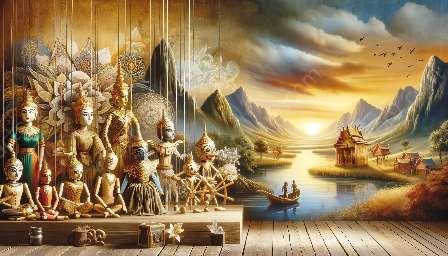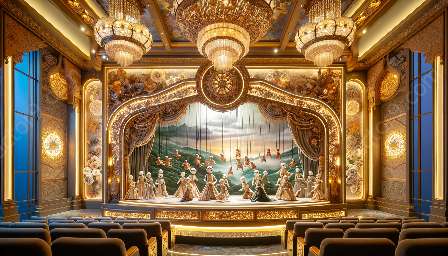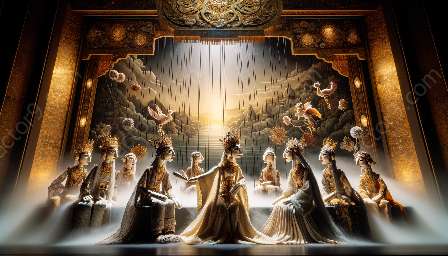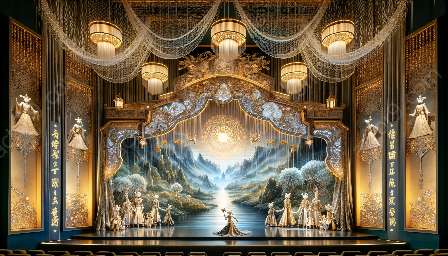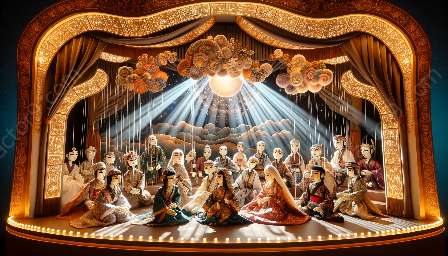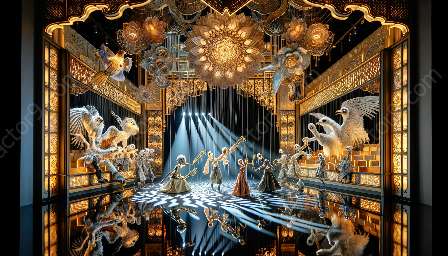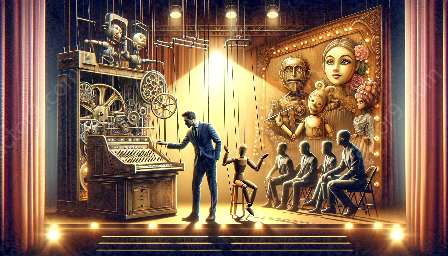Puppetry has been an integral part of various cultures around the world, and with it comes a rich tapestry of rituals and ceremonies that accompany this traditional art form. From religious ceremonies to storytelling rituals, the significance of puppetry goes beyond entertainment and reflects the cultural, social, and spiritual aspects of different societies. Let's explore the diverse and fascinating rituals and ceremonies associated with traditional puppetry in various cultures.
Asia
India
In India, traditional puppetry, such as Kathputli and Bommalattam, is often performed during religious festivals and ceremonies. These performances are considered sacred and are believed to bring blessings and prosperity to the community. Puppeteers often invoke deities and recite ancient verses while manipulating the puppets, creating a spiritual ambiance that connects the audience with the divine.
China
Chinese puppetry, especially shadow puppetry, has deep-rooted connections to Chinese folklore and mythology. During traditional ceremonies and festivals, shadow puppet shows are performed to honor ancestors and seek their protection and guidance. The intricate movements of the puppets are believed to convey messages to the spirit world, and the performances serve as a means of communicating with the beyond.
Africa
West Africa
In West Africa, traditional puppetry is often associated with initiation ceremonies and rites of passage. Puppets are used to depict ancestral spirits and mythical creatures, and their performances are integral to the spiritual and cultural education of the youth. These ceremonies celebrate the continuity of tradition and serve as a way to impart wisdom and values to the next generation.
Europe
Italy
In Italy, the traditional Sicilian puppet theater, known as Opera dei Pupi, is deeply ingrained in the local culture. Performances often accompany religious processions and feasts, where the puppets take on the roles of saints and biblical figures, reenacting historical and religious events. The use of puppets in these ceremonies adds a unique and captivating dimension to the religious and cultural traditions of Italy.
Content Summary
Traditional puppetry has a profound impact on the cultural, social, and spiritual fabric of different societies. Across Asia, Africa, Europe, and beyond, the rituals and ceremonies associated with traditional puppetry contribute to the preservation of traditional beliefs, the transmission of cultural heritage, and the celebration of community values. From religious festivals to rites of passage, puppetry has a universal significance that transcends borders and time, making it an essential part of the world's intangible cultural heritage.

